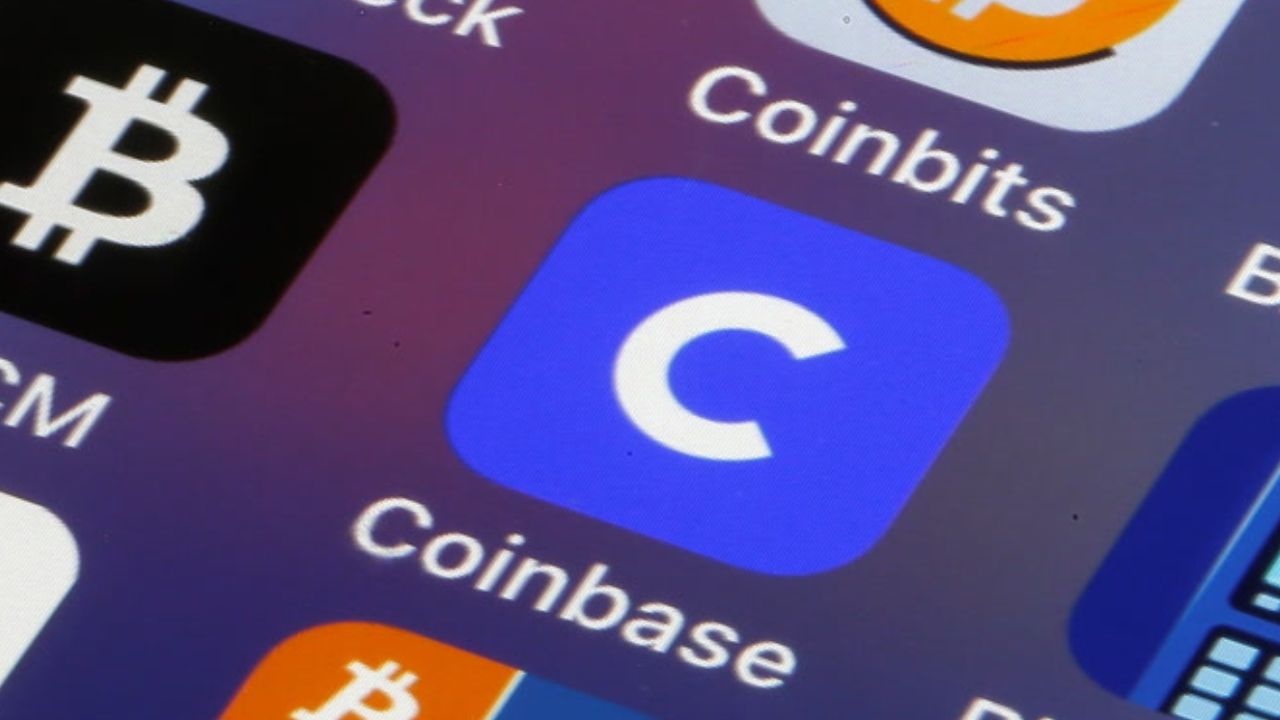The U.S. Supreme Court has agreed to hear cryptocurrency exchange Coinbase Global Inc to end lawsuits the company claims are due to private arbitration, including a lawsuit filed by the user after a scammer stole his account. The judges agreed to consider whether two class-action lawsuits brought by customers against Coinbase could proceed while the company appealed the judge’s rulings that refused to force users to arbitrate their claims.
“We are pleased that the Supreme Court has agreed to hear our appeal and we look forward to this case being resolved,” said Coinbase attorney Neal Katyal.

The U.S. law called the Federal Arbitration Act requires that agreements signed by clients to pursue legal actions against firms in private arbitration be enforced on contractual terms. Business groups see arbitration as a faster and more efficient alternative to litigation. Plaintiffs’ attorneys say arbitration in favor of businesses and consumers could gain more power and get broader relief by filing class action lawsuits in court on behalf of groups. The Supreme Court cases include one in California brought by customer Abraham Bielski, who said he was tricked into granting access to a Coinbase account to a fraudster, then stole more than $31,000 from him.
Bielski sued Coinbase, arguing that crypto-transfer laws require the company to return stolen cryptocurrency to customers. In another California case, former Coinbase users sued claiming they were tricked into paying $100 or more by the company to enter sweepstakes that offered participants the chance to win a price of up to $1.2 million in Dogecoin cryptocurrency. In both cases, the judges refused to force Coinbase customers to pursue their cases in arbitration, with the company saying its user agreement was mandatory.

Coinbase asked the U.S. 9th Circuit Court of Appeals, based in San Francisco, to maintain the case at the trial court level while to pursued appeals, but the court denied their request. After Coinbase asked the Supreme Court to hear the case, a trial judge halted proceedings in the sweepstakes case while the company’s appeal continued, even though Coinbase established argued that the ruling should not hinder his appeal to the Supreme Court. Hassan Zavarei, Bielski’s lawyer, said in a statement that the case gave the Supreme Court an opportunity to correct lower courts that “designed the new rules to favor arbitration rather than litigation.”
“When companies like Coinbase seek to force consumers to arbitrate, and the district courts dismiss that attempt, these companies are not allowed to slow disputes through special automated stays seems void in federal arbitration law,” he said. David Harris, the attorney for Coinbase users in the lawsuit, said they are eager to answer questions in the case and “hope to achieve positive outcomes for plaintiffs in a variety of civil cases across the country.”
Thanks for Visiting our website Solving Dad!
